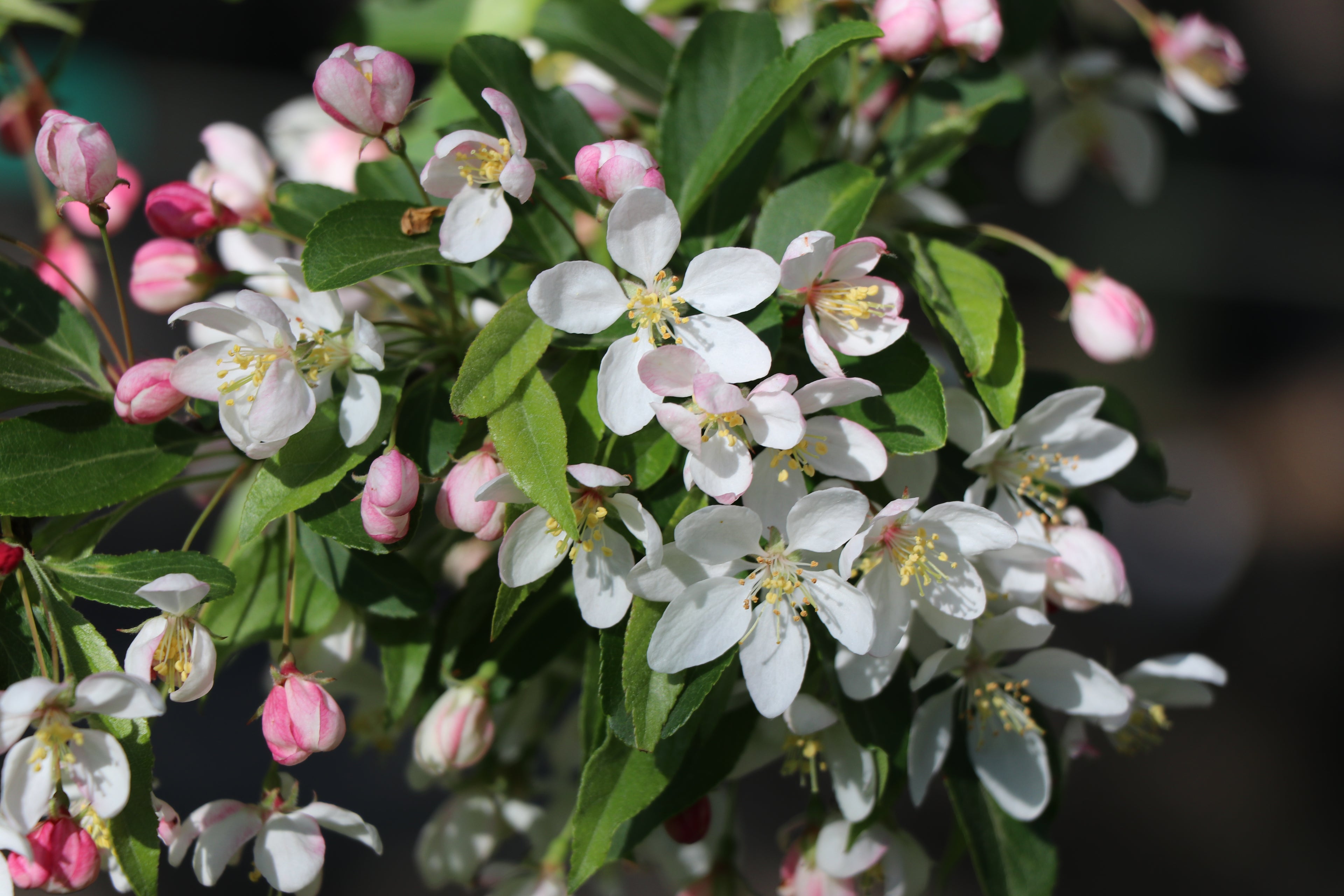
Our Trees
Pitfalls to Avoid
Pitfalls to Avoid

By all means shop around, but do so wisely! Here are a few common pitfalls to avoid:
Vague specifications - whilst it’s true that trees are a variable product by nature, standard specification standards do exist and should be disclosed. No professional tree buyer would order trees using a ‘small’, ‘medium’ or ‘large’’ size specification and neither should you! Read more about standard size specifications.
Inferior root systems – be sure you understand the quality continuum when it comes the root system specification. Supplying in bareroot, rootball, or simply very small containers and then downplaying this specification at point of sale is an easy way to undercut on price at the expense of quality. Learn about root system quality grades here.
‘Kerbside’ delivery – A ’kerbside’ delivery quote may look favourable at face value, but do you really want your trees dropped on the curb? Or, worse yet, not offloaded at all? How will you offload and get them to the planting pit? In fact, how will you dig that pit in the first place? Stake the trees? Backfill? And where will the displaced soil go? Be sure you are comparing like for like when it comes to the planting side of the order. Read more about planning for arrival here.
Damaging delivery. Be sure to enquire HOW the tree will be delivered. Trees should ideally always be delivered in a closed vehicle/trailer to protect from wind damage. Nurseries which deliver in open trailers are to be avoided, and sheeted open trailers only for sturdy species or local deliveries. Trees can be tricky things to handle and offload without damage so should be delivered by a specialist courier.
Not undercut – trees grown for the transplanting market should have their roots ‘undercut’ regularly to promote development of a compact rootball. This is essentially underground rootpruning, and requires specialist equipment, labour and time to carry out. It’s easy for an unscrupulous grower to neglect the undercutting to improve margins, but the trees will be much more likely to fail on transplanting. Be sure to enquire approximately how often the tree has been undercut and whether any establishment guarantees apply.
Brokers vs growers – in this virtual world, we see an increasing number of ‘brokers’ masquerading as ‘nurseries’ online. The difference being that a nursery will hand select from its own stock, whereas a broker simply orders stock in from other nurseries to fulfill orders. A good way to tell is to enquire whether you are able to visit the nursery to select the specimens yourself.
Can’t personally select – Mature trees by their very nature are characterful and unique. We highly recommend you personally view all proposed specimens before before committing, or at very least request a current photograph of the actual specimens being proposed. If you are not permitted to personally select your specimens you may want to ask yourself why that might be.
No formative pruning – it is absolutely vital that trees receive good formative pruning in their early years in order to promote the development of a balanced crown of branches in maturity. If buying ’sight unseen’, at least be sure to enquire about the trees’ pruning history and ideally request a recent photograph.
No guarantee/warranty – if a nursery is unwilling to offer an establishment guarantee, you will need to consider the implications of the tree not surviving the transplant. Read more about our warranties.
No planting service – If the nursery you are purchasing your trees from doesn’t offer a planting service, and you need to engage someone privately for the planting, bear in mind you may well end up paying more. Read more about our planting services.

